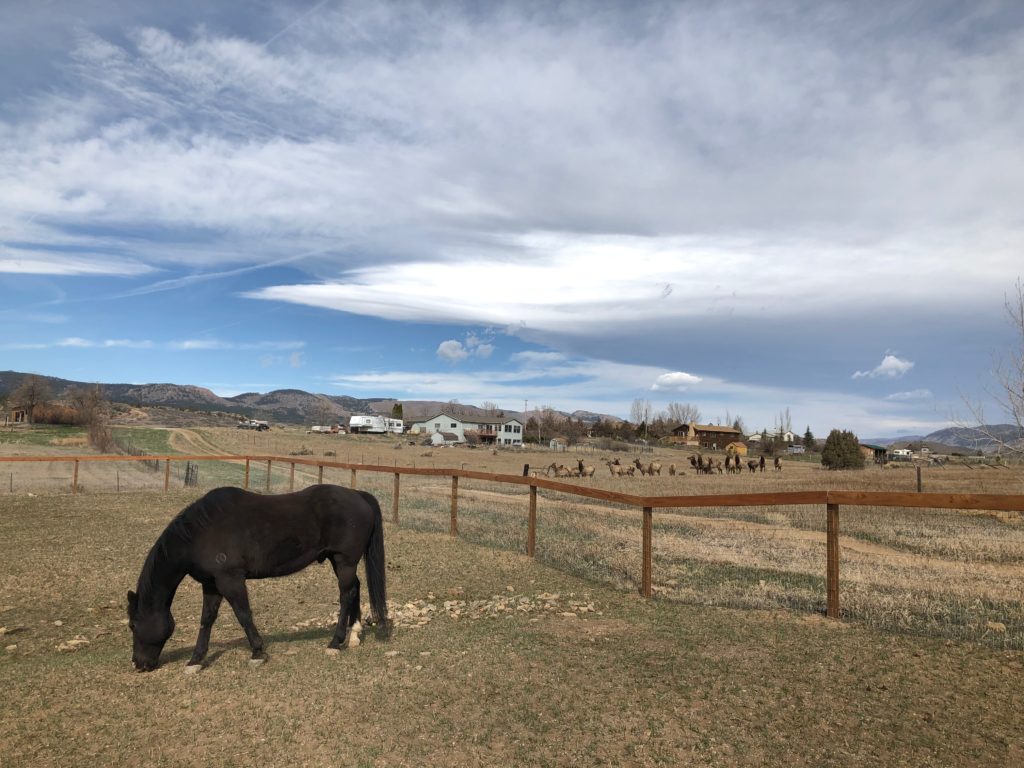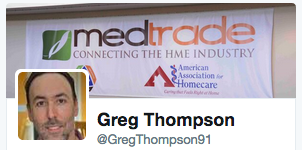JAMESTOWN, N.D. – Spaces are vast and terrain is rugged in the states under the purview of Barb Stockert, who serves as executive director of the Big Sky Association of Medical Equipment Services (Montana, Idaho, and Wyoming) and the Pacific Association of Medical Equipment Services (Oregon and Washington).
Stockert monitors the legislative and regulatory happenings in these five states from her home office in Jamestown, North Dakota. For the past two decades, she has honed her regulatory chops as administrator for the Region D DMERC Advisory Committee (17 states), routinely jumping on the legislative bandwagon to champion industry issues.
Medtrade Monday sat down with Stockert to review the past few months and get a glimpse of what she believes could (and should) be in store for the HME industry.
Medtrade Monday: How would you characterize the past few months?
Barb Stockert: The last few months have been crazy. It’s been unreal. For me, it was not uncommon to spend 12 to 14 hours a day working. Our members had many concerns. They were asking, ‘What do I do with my employees?’ They said, ‘I can’t get to my patients. I can’t take care of them.’ It’s been a real challenge. Hats off to our members. They raised the banner and were on the front lines for many months.
 Medtrade Monday: What’s the toughest challenge?
Medtrade Monday: What’s the toughest challenge?
Stockert: Access to care for patients. Our providers have to travel many miles to provide equipment. In some of these situations, you could not get to homes. People did not want providers in their homes. They did not want to come to the door, but they needed equipment. Our members showed up and provided what was needed, and at reduced rates.
Medtrade Monday: What are the big fights these days?
Stockert: Our big fight is that we need to get paid for what we do. It’s not really happening with the established rates that are out there. They must be looked at. In the areas within Big Sky especially, you’ve got one competitive bidding city, and that’s Boise. In Washington and Oregon, you’ve got Portland and Seattle, which are big, but the rest is really rural—mountains and rough terrain. A lot of providers did not have staff and they are still serving patients. During these months in 2020, I was hearing about layoffs and many members were wondering, ‘How will we keep our employees?’ Many were able to get into the payroll protection plan (PPP), and they would put employees on furlough.
Medtrade Monday: What other types of services are being affected?
Stockert: It’s a tough situation, and one of the situations we’re still seeing right now is that a lot of sleep laboratories are not re-opening. You still can’t get patients into the sleep labs. You’re not able to get the documentation that is required.
Medtrade Monday: Should the industry try to postpone competitive bidding round 2021?
Stockert: Definitely. We’re not able to even provide a standard of care right now that is considered normal. Then again, what is normal now? We’re not sure. We need to get these patients back in to see their doctors, because it’s not happening. Competitive bidding must be delayed because we need some normalcy with guidelines fully explained. Everything has been put aside during COVID. They waived rules, but what will they be looking at when we go back? I am all for postponing competitive bidding.
 Medtrade Monday: How relevant are trade shows such as Medtrade these days?
Medtrade Monday: How relevant are trade shows such as Medtrade these days?
Stockert: Trade shows are vital to our industry. People need the one-on-one interaction, and to be able to speak with their peers. That’s such a big part of getting together at Medtrade. We’ve gotten virtual education, and it’s been great, but people need people. A lot of Medtrade is social, and we sit and discuss business. You learn so much. Trade shows need to happen.
Obviously we need to respect what’s happening. I come from a state where they are opening everything. We just got word that schools are opening in August and sports will resume. Look at Minnesota next door and they are still locked down. Trade shows are valuable for the future, but probably with changes.
Medtrade Monday: What do you say to people who are on the fence about getting involved with their state associations and/or AAHomecare?
Stockert: You are missing the entire picture if you stay away. The associations are so important. The information you get and the friends you make, it’s huge. Everybody thinks that everyone is competing against each other, and they must beat the other company. However, the ones we’re fighting right now are the insurance payors. To fight them and get them to understand our ways, we must band together. The only way you can do that is through the state associations, AAHomecare, and VGM. It’s magnificent how they’ve worked together.
Medtrade Monday: What’s your level of optimism, or pessimism, these days?
Stockert: It’s still a positive industry. If you’re getting started, you’re going to need help. It’s valuable, because we need to keep patients in their homes as long as they can. This is what we do. There is a continuing need for our industry. Good providers will survive. I’m glad to be a part of it. Our members have endured a lot. In the future, things are going to look different, but we will survive.


